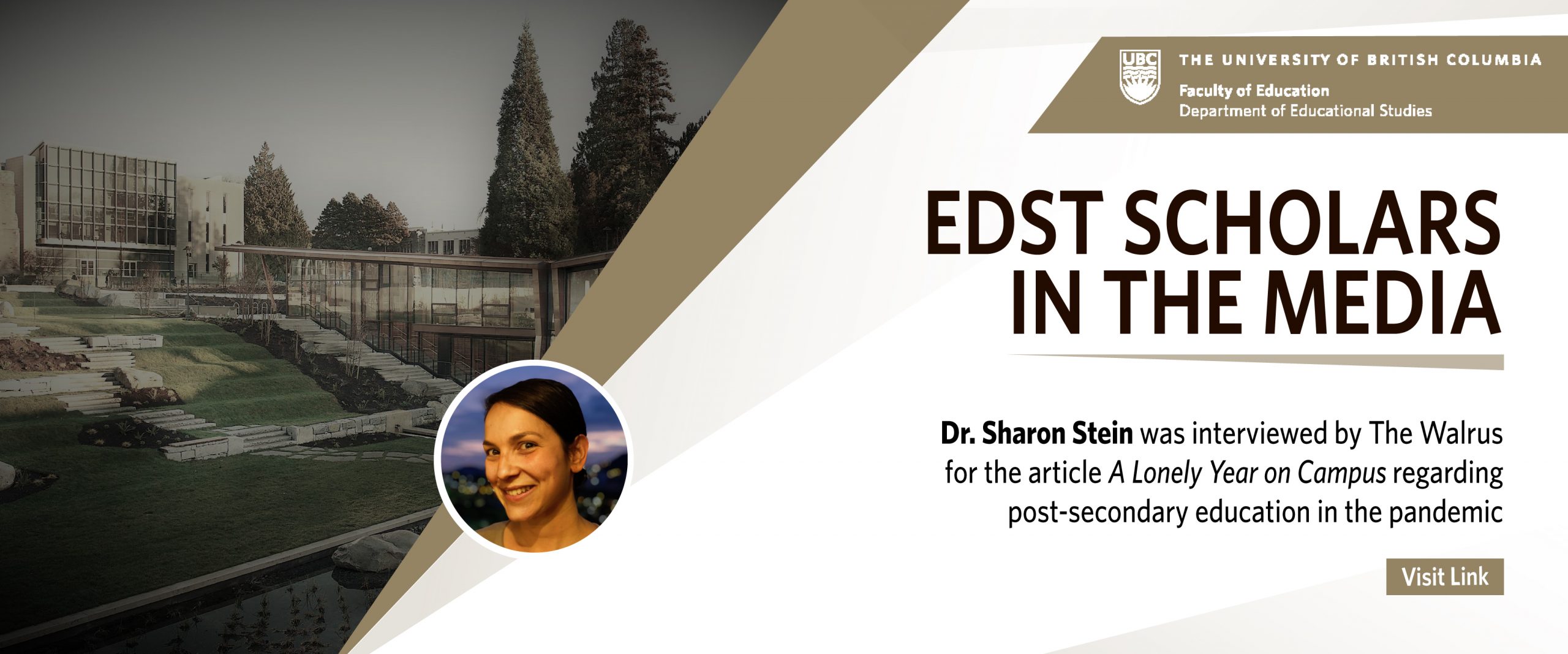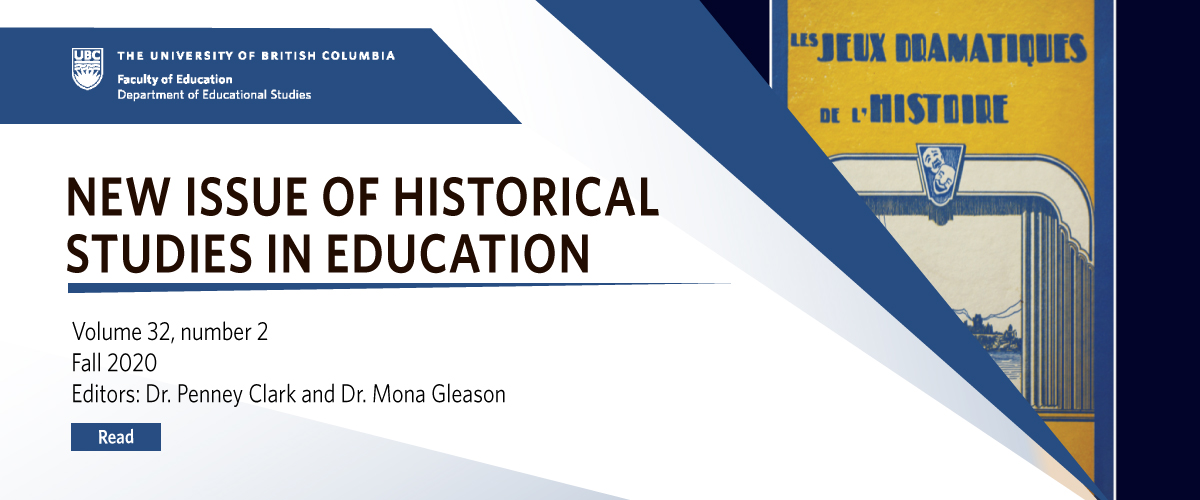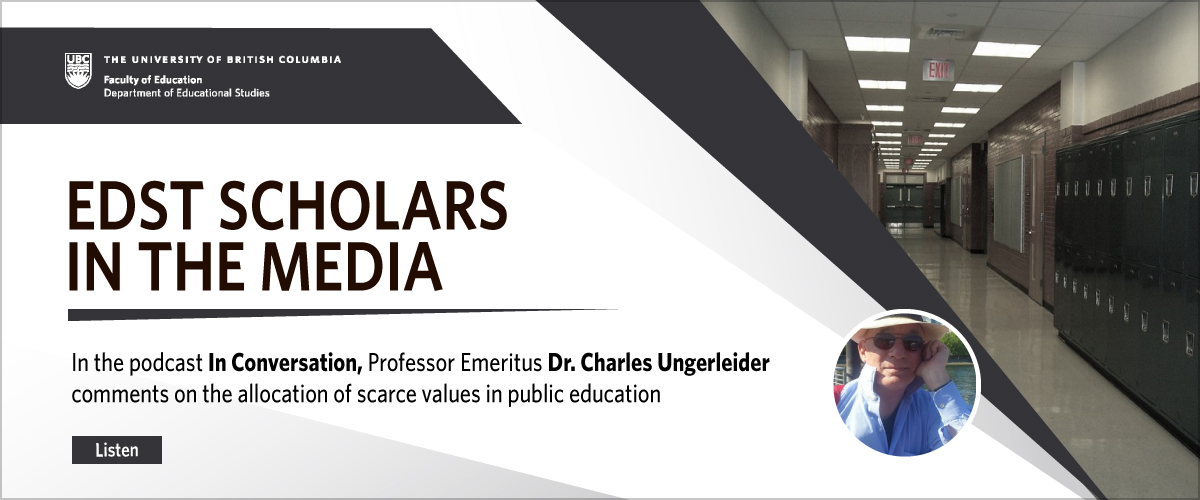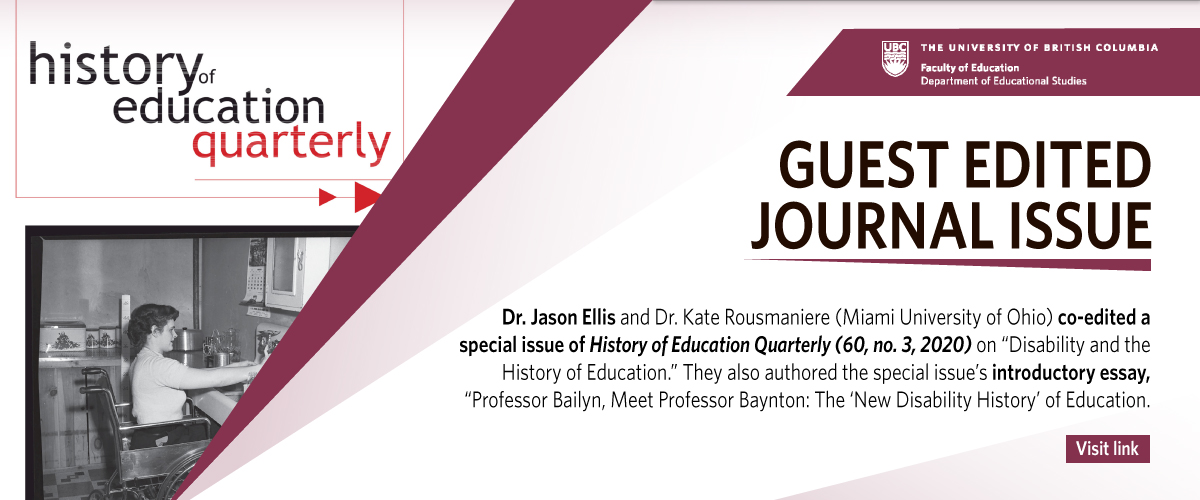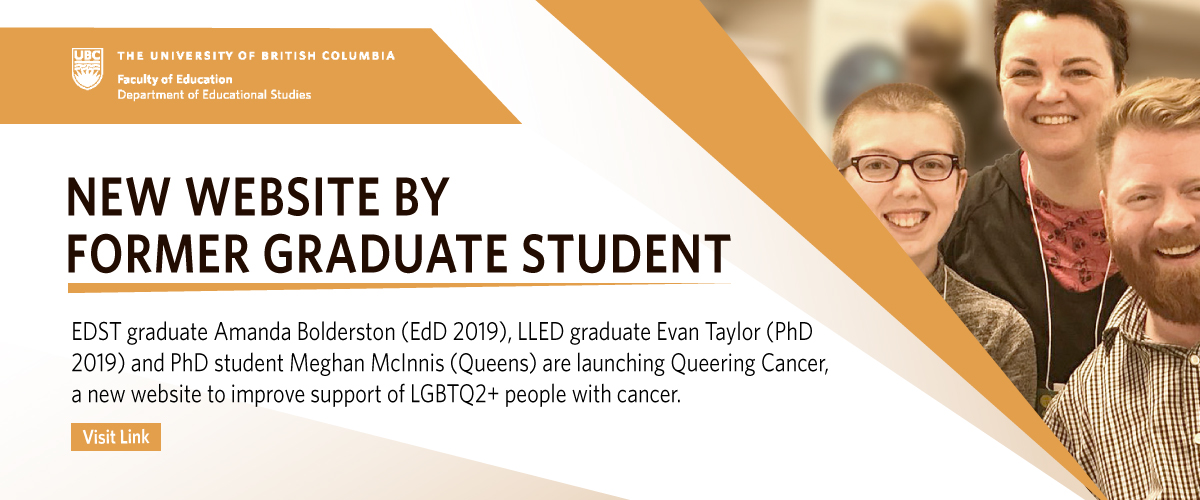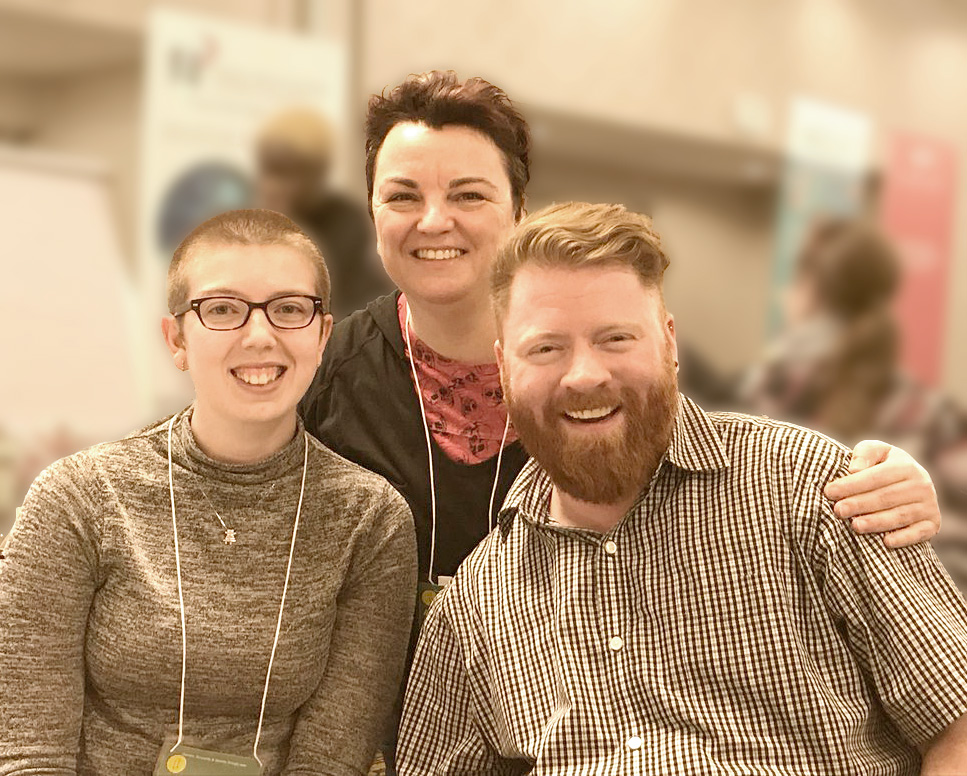https://pwias.ubc.ca/event/book-launch-course-syllabi-in-faculties-education
Dec 01, 2020
Center for Culture, Identity & Education
Webinar Roundtable
(Co-Sponsor: Adult Learning and Education Program, Department of Educational Studies)
Date: December 1, 2020
Time: 11:00am – Noon
Venue: online webinar
Topic: Cities as Sites for Transformative Change: How and Why Universities Can Contribute
Zoom link: https://ubc.zoom.us/j/66349618562?pwd=cnE4YUxReStUMlczTFpUZzhTMktEUT09
Meeting ID: 663 4961 8562
Passcode: 285524
The Centre for Culture, Identity & Education https://ccie.educ.ubc.ca invites you to attend an online webinar roundtable:
Cities as Sites for Transformative Change: How and Why Universities Can Contribute
Current global complexities call for fundamental shifts in the ways in which society operates. From the climate emergency to ongoing colonialism and institutional racism, to increased conflict and mass migration of refugees, this period demands that we envision new approaches to solving these complex problems. As institutions that exist for the public good, Higher Educational Institutions (HEIs) have a responsibility to contribute to this shift, particularly through fostering strong relationships with external actors. One of these actors is municipal governments, which need to re-envision their roles and approaches to addressing the current pressing issues.
The presenters recent and SSHRC-funded project, entitled “Transforming city governments in response to disruptive change: meeting the challenges of colonization, inequity, and climate change,” is an example of collaborative efforts between UBC and municipal governments that seeks to understand how Canadian cities can transform as they address the complex challenges of colonization, inequity and climate change. Preliminary insights indicate that city staff are under pressure to deliver on set priorities and timelines with little time and resources to reflect on the theories, paradigms and worldviews that inform their decision-making. Through a learning journey, city staff, community partners and researchers will work to unearth the structures within which cities operate and test alternative ways of defining and solving problems. This collective journey will explore questions such as: What histories have shaped our institutions? What processes have led to the erasure of ethno-cultural groups such as Black communities? How can we decolonize our practices? What collaborations are needed for shared decision-making? And what are the enabling conditions for transformative change?
A panel of UBC researchers and City of Vancouver staff will trace how their diverse and unique journeys and experiences brought them together to explore the questions of transformative change in both municipal governments and university programming. The discussion centers on how their positionality and intersecting identities as Indigenous, Black, and white community members, researchers, city staff, among others, come to bear in their research and how others can foster sustained and mutually beneficial relationships in solving current global challenges.
Discussion Format:
- Arrival and Land Acknowledgement- Kyla Pascal (5 mins)
- Rob VanWynsberghe– Introduction to Topic, Context and Panel (10 mins)
- Mumbi Maina and Maggie Low – Presentations (10 mins. each)
- Question & Answer session (10 mins)
- Call to Action for HEIs (faculty, staff and students) in fostering relationships with municipal governments across the country (5 mins)
- Thanks and Closing Remarks (5 mins)
Bios (alphabetical):
Maggie Low is an Assistant Professor at the School of Community and Regional Planning (SCARP) at the University of British Columbia (UBC), where she is the Co-Chair of the Indigenous Community Planning master’s concentration. Maggie is a community-engaged scholar who seeks to advance a better understanding of Indigenous sovereignty as it is expressed outside the Canadian courts, with a focus on the implications of these expressions for the well-being of Indigenous communities. Her current research and teaching focus on Indigenous planning, Indigenous-state relations and reconciliation in cities. Maggie has mixed ancestry, including Italian, French and German from her mother’s side. From her father’s side she is French, English and a status member of Wikwemikoong Unceded Territory.
Mumbi Maina is a Postdoctoral Fellow in the Department of Educational Studies at the University of British Columbia (UBC) and a Social Planner in the Social Policy and Projects Division at the City of Vancouver. Mumbi’s work has focused on grassroots social and environmental justice organizing, anti-racist education and cross-cultural collaboration with immigrant and other communities across North America. Her recently completed doctoral program focused on the uptake of sustainability in Canadian higher education, examining how various actors, including historically marginalized groups, are involved in the enactment of sustainability in policy and practice. Her published work covers topics such as sustainability in higher education, intersectionality in environmental education and newcomers’ roles in reconciliation. Mumbi was the first Equity, Diversity and Inclusion Fellow in the Sustainability Group at the City of Vancouver and in her current position as a Social Planner she works to imagine how municipal governments can effectively tackle the challenges of rising social and environmental inequities that are emblematic of many metropolitan cities across the globe. This work uses decolonizing, racial equity, and intersectional approaches to transform City policies, practices and processes.
Kyla Pascal is a Métis, Black woman born and raised in Amiskwaciwâskahikan (Edmonton, Alberta). Over the years Kyla has worked with a number of non-profit organizations focusing on anti-oppression, advocacy, and community-building. Her experiences and interests are centred around Indigenous solidarity, sustainability, community health, and food justice. The goal of her work is to build more resilient, just, and healthier communities. She currently works at Indigenous Climate Action, is a member of the Indigenous art collective, nipahimiw, and is a first-year graduate student with the School of Community and Regional Planning at UBC.
Rob VanWynsberghe is an Associate Professor in the Department of Educational Studies at the University of British Columbia (UBC). His primary area of research studies meaningful articulations between classrooms and communities, especially as influenced by the social philosophies of pragmatism. A book on the topic was published in 2014. His work has been supported by grants from the Social Sciences and Humanities Research Council of Canada, UBC’s Teaching and Learning Enhancement Fund, and the International Olympic Committee. Recent publications include “Adaptive Education Applied to Higher Education for Sustainability” (International Journal of Sustainability in Higher Education); “Conceptions of Sustainability within the Redesigned K-12 Curriculum in British Columbia, Canada: Mapping a Disputed Terrain” (Journal of Sustainability Education) and; “Green jobs for the disadvantaged: an analysis of government policies in British Columbia” (Journal of Environmental Planning and Management). Since 2016, he has researched and designed the first ever sustainability cohort in the teacher education program in UBC. In addition, he also launched a Masters’ program in Education for Sustainability, which partners with the City of Vancouver on the implementation of sustainability, health, housing and planning policy.
https://www.robvanwynsberghe.ca/
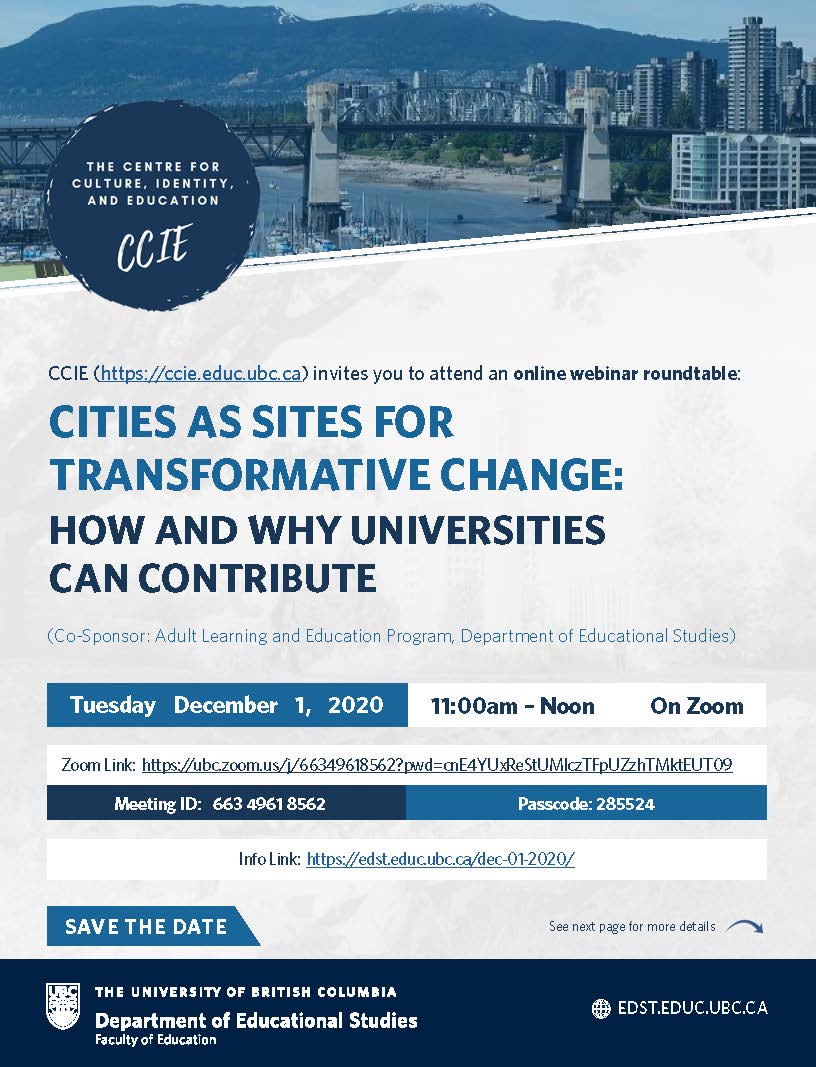
Nov 26, 2020
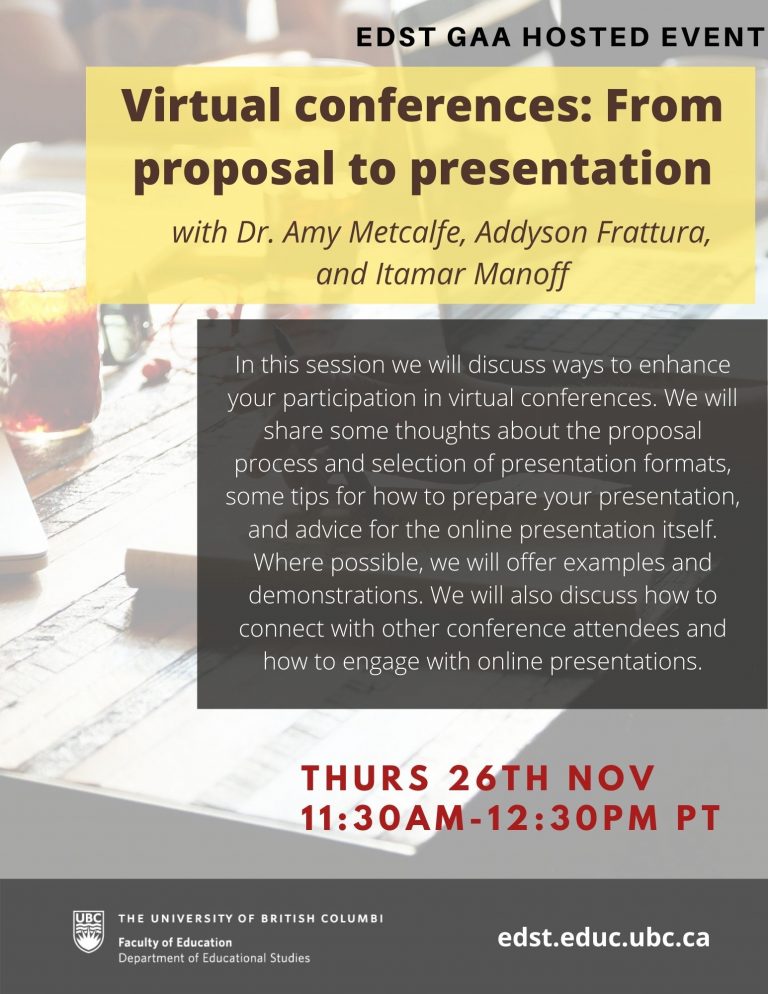
Nov 19, 2020
Meetup for EDST MA Students
Date and time: Thursday November 19th at 9:00 – 10:00 am PT
Location: Virtual (Zoom)
Description: Though we do not currently share the same physical space – the campus corridors and hallways – we can still share a cup of coffee or warm drink. Grab your drink and join us for a virtual chat. The meetup offers an exciting space for interactions among all MA students for the purpose of getting to know each other, asking questions and exchanging experiences. There will be an opportunity for new MA students to meet each other as well as interact with other MA students and GAAs.
Please RSVP if you plan to attend. Please send any questions to your GAA team at edst.gaa@ubc.ca

